New blow to ‘normalization’: Oman parliament votes to ramp up criminalization of ties with Israel
Oman’s parliament has voted on a draft amendment to expand a law banning relations and contacts with Israel, as the Tel Aviv regime faces growing challenges to its hopes of integrating into the region two years after the US brokered normalization deals between the regime and four Arab countries.
The 86-member Majlis al-Shura, or Consultative Assembly, voted to amend the first clause of its Israel boycott law to include any sports, cultural or economic contact for private and public figures.
The amendment also specifically bans in-person or online interaction with Israeli settlers.
Assembly Vice-President Yaaqoub al-Harethi said the amendment, proposed by several legislators, will “expand the criminalization and boycott of the Zionist entity,” according to the Omani WAF news agency.
The amendment now moves to debate by the Majlis legislative committee before a final vote.
Read more:
Omani law already states that citizens are barred from making contact with individuals or entities based in Israel for any purpose, whether directly or through a third party.
Muscat officially adheres to the Arab League’s stance that any form of diplomatic relations with the Israeli regime is contingent on the establishment of an independent Palestinian state.
Earlier this year, it was reported that Oman and the United States held talks to secure Omani approval for Israeli commercial flights to fly over the Persian Gulf state’s airspace, in a bid by Washington to push for more Arab states to normalize ties with Tel Aviv. Muscat, however, refused to comply..
Upon signing the so-called Abraham Accords, the United Arab Emirates and Bahrain, as well as Saudi Arabia, authorized Israeli planes to use their airspace.
Omani Foreign Minister Sayyid Badr al-Busaidi said in an interview in July that his country will not be the third Persian Gulf nation to normalize ties with Israel but also affirmed his country’s support for what he called “achieving a just, comprehensive, and lasting peace on the basis of the two-state solution.”
He said the sultanate seeks to differentiate itself from the United Arab Emirates and Bahrain, and therefore, any future advancement in ties would require a separate and direct link between Muscat and al-Quds.
Read more:
In May, Oman’s foreign minister also told the French Le Figaro daily newspaper that Oman will not go for open full-fledged normalization with Israel until the Palestinian issue is settled.
“Oman will not join the [Persian] Gulf countries that have announced the normalization of their relations with the Israeli occupation,” he said, adding that Oman “prefers initiatives that support the Palestinian people.”
Incoming Israeli Prime Minister Benjamin Netanyahu visited Oman in 2018, and met with then-Sultan Qaboos bin Said, becoming the first Israeli ruler to travel to the Sultanate since 1996.
Netanyahu signed the Abraham agreements with Emirati Foreign Minister Sheikh Abdullah bin Zayed Al Nahyan and Bahrain’s Foreign Minister Abdullatif Al Zayani during an official ceremony hosted by former US president Donald Trump at the White House in September 2020.
The normalization deals, to which Sudan and Morocco later joined, have sparked widespread condemnations from the Palestinians as well as nations and human rights advocates across the globe, especially within the Muslim world.
Palestinians slammed the deals as a treacherous “stab in the back” and a betrayal of their cause against the decades-long Israeli occupation of Palestinian territories. Palestinians are seeking an independent state in the occupied West Bank and the Gaza Strip with East al-Quds as its capital.
Lebanon’s president condemns Israeli strikes as 'blatant act of aggression'
VIDEO | Epstein and Trump: Scandal, power, and political fallout
Trump admin. advances Saudi nuclear deal, leaves door open to enrichment: Report
Leader donates 50 billion rials to free financially struggling prisoners
Guardians of sky: How Iran’s radar network turned 12-day war into a blueprint for deterrence
The story of ancient Persia’s chromium steel
Iranian Navy chief calls for broader naval collaboration at MILAN 2026 naval exercise
VIDEO | Mini Iraq; A city in India that connects faith across borders


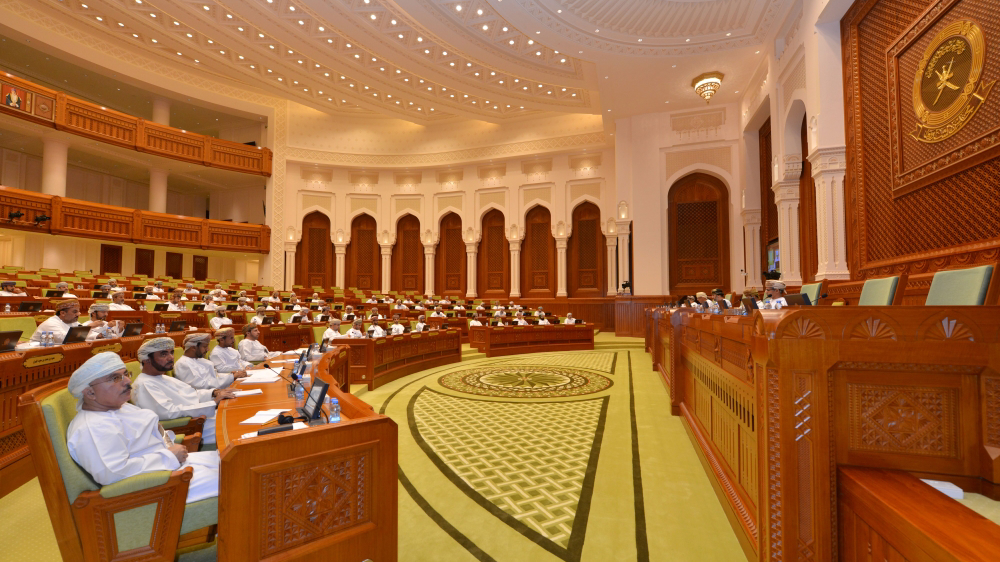


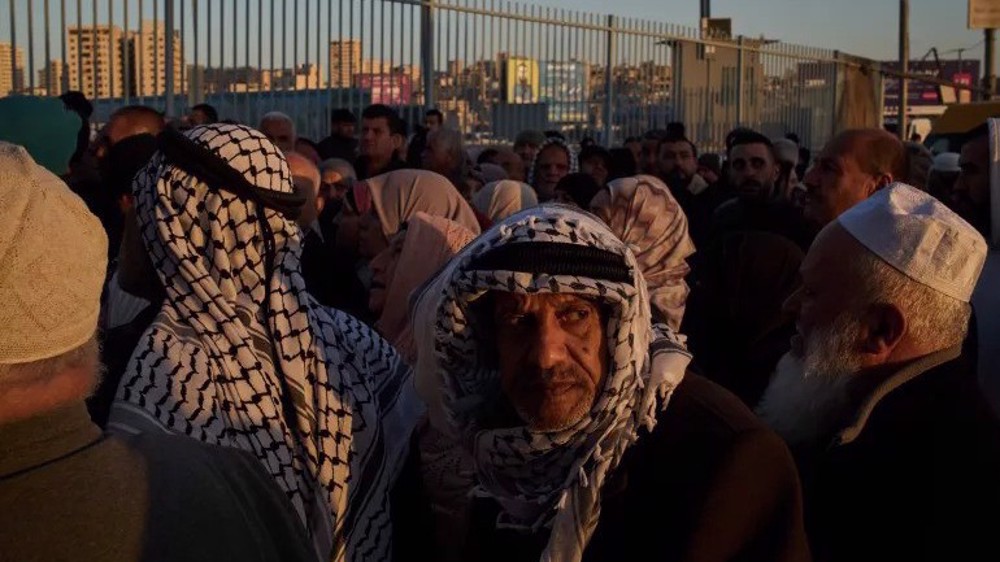




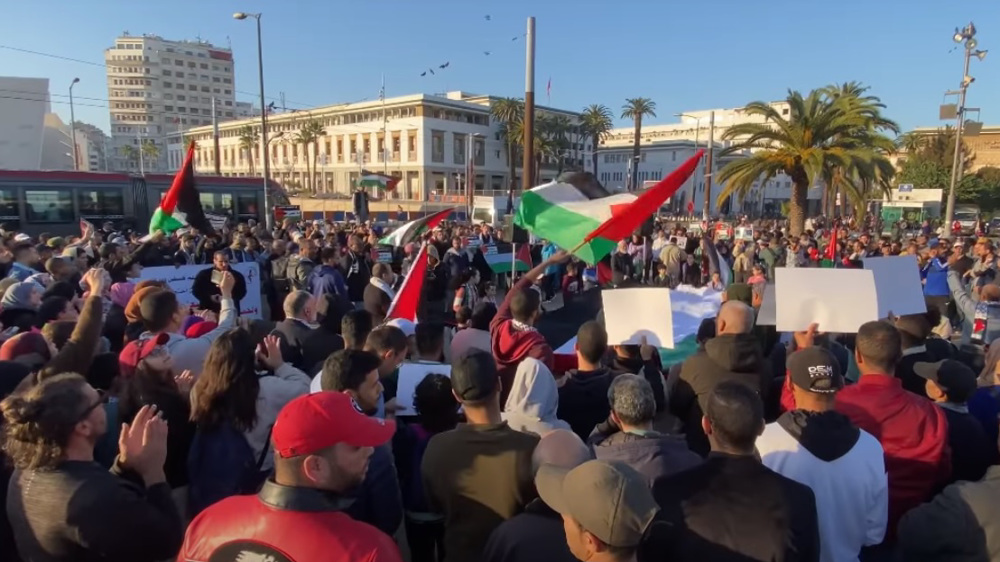
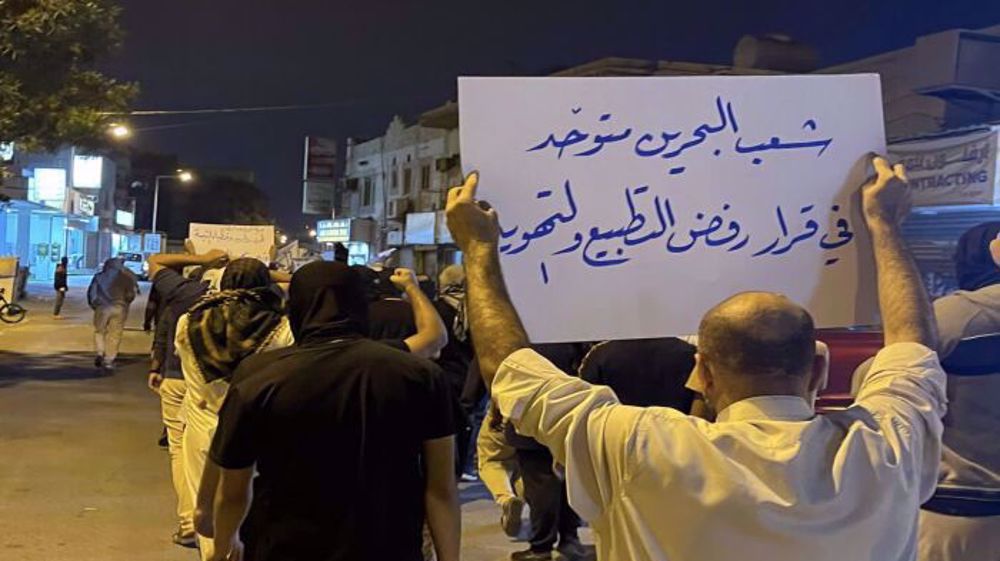

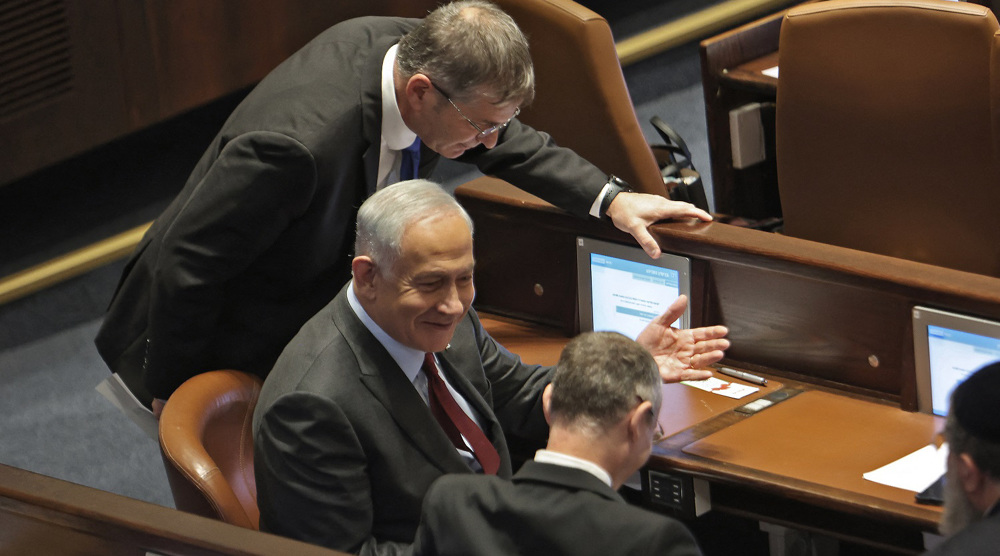
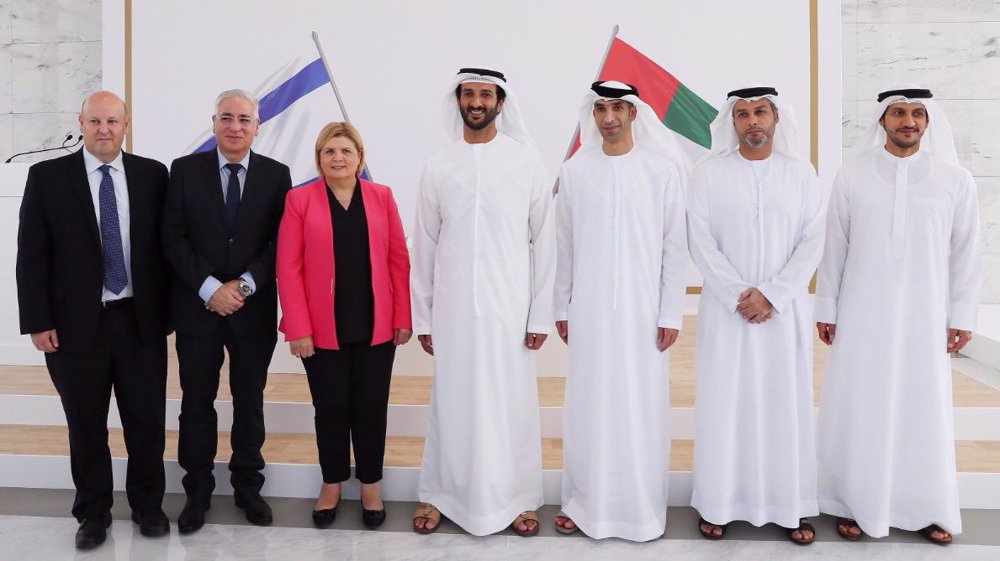
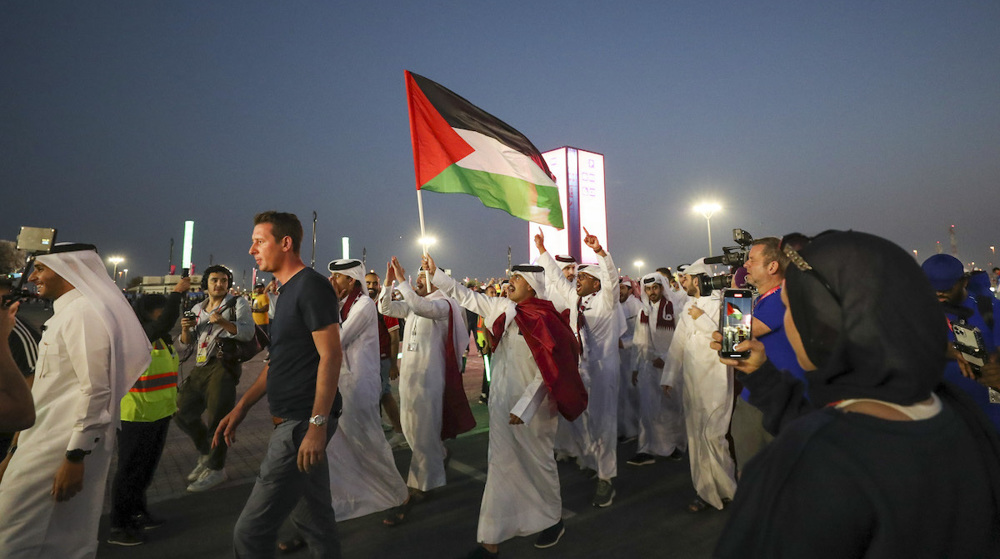

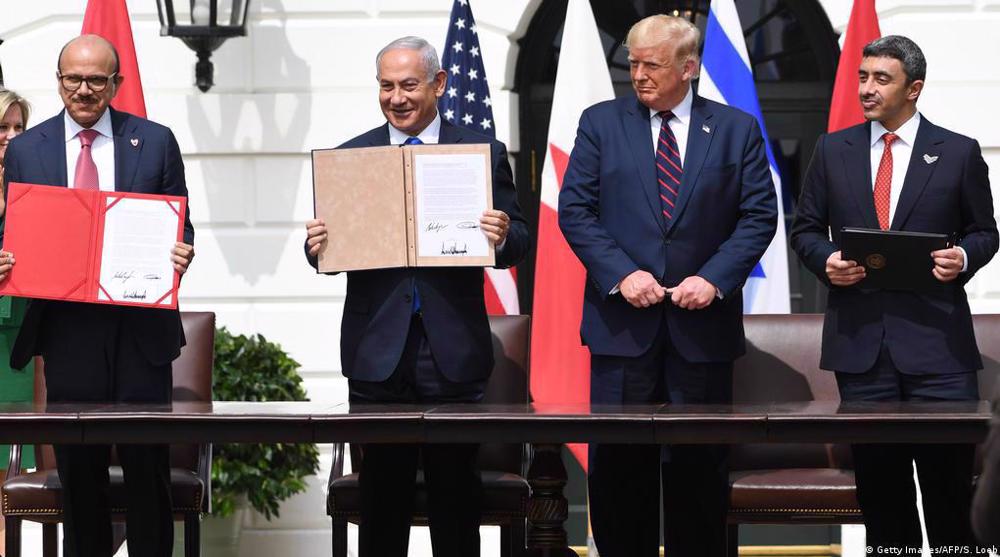

 This makes it easy to access the Press TV website
This makes it easy to access the Press TV website